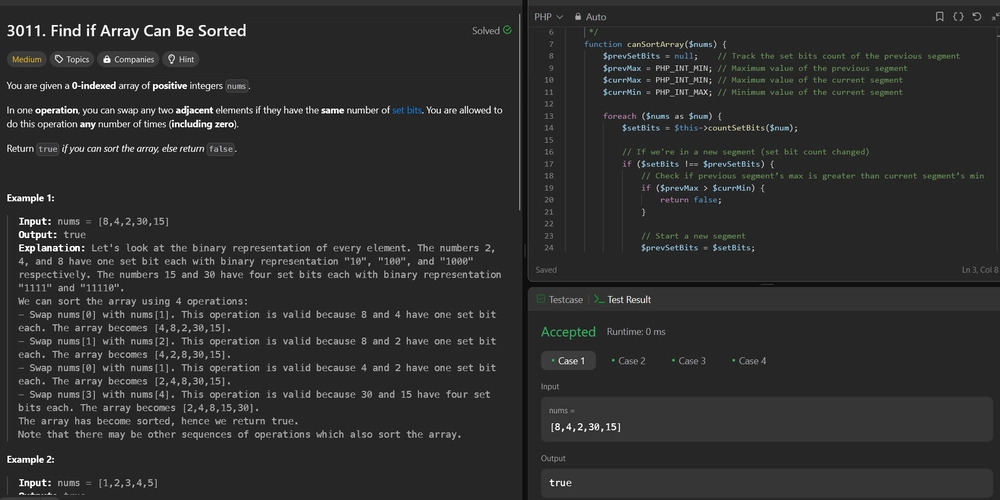Astro vs Next.js?
We must see before choosing a JavaScript framework.
When building web applications, the framework you choose can steer your project to success. Astro offers a lightweight solution with static generation benefits, while Next.js delivers comprehensive server-side rendering for React developers.
Astro: Swift and Component-Focused
Astro stands out for its static site generation and compatibility with multiple front-end technologies, making it a go-to for developers who prioritize performance and reusability in web components.
Next.js: Full-Featured and Scalable
Next.js is a server-side powerhouse for dynamic applications, offering an integrated development experience, automatic routing, and a suite of data-fetching options, suited for complex, scalable projects that need to shine in SEO.
Performance Battle: Quick Loads vs Dynamic Content
Astro excels in speed with static content, while Next.js offers dynamic server-side rendered pages, ensuring a fast, SEO-friendly user experience.
Development Delight: Tooling and Resources
Both frameworks bring joy to developers with their intuitive tooling. Astro promises a zero-config start, while Next.js boasts a feature-rich environment backed by a massive community, making both excellent choices for modern web development.
Design and User Experience: A Creative Playground
Astro and Next.js handle design with flair, allowing extensive customization. Whether you’re looking for a static charm or dynamic interaction, both can cater to your creative needs.
Is There a Verdict?
Your choice between Astro and Next.js will rest on project needs — Astro for static sites with fast loads and Next.js for large-scale applications. Consider performance targets, scalability.
Keep your head up!


















